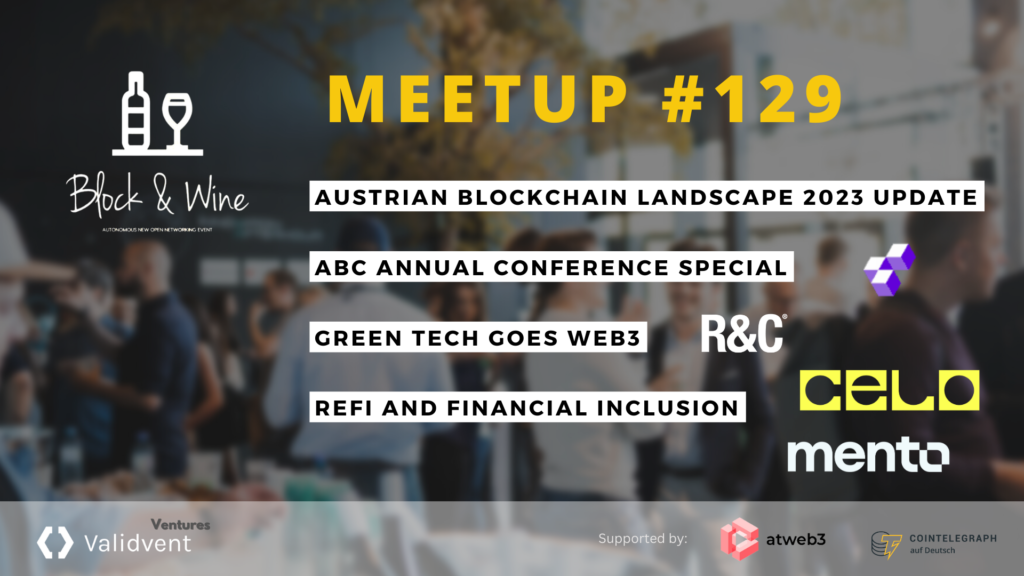In mid October 2025, the Swiss gambling regulator Gespa filed a criminal complaint with the competent prosecution authorities alleging that FIFA’s blockchain based NFT platform, FIFA Collect, is operating unlicensed gambling services in Switzerland.
The complaint asserts that FIFA Collect offers various “competitions” (such as drops, challenges, airdrops) in which participation requires a monetary stake, and the reward depends on random draws or similar chance mechanisms. In Gespa’s view, these features make those offerings legally comparable to lotteries or sports betting under Swiss law.
It’s important to note: as of the public announcement, Gespa has not (yet) declared that FIFA Collect is definitively guilty, rather, the complaint signals serious suspicion and a request for further judicial review.
⸻
How FIFA Collect Works
To understand the regulatory concerns, one must first understand FIFA Collect’s mechanics, especially how its “Right to Buy” or “Right to Final” tokens function.
Right to Buy / Right to Final NFTs
FIFA Collect issues NFTs (non fungible tokens) that do not directly represent tickets, but rather conditional rights or options tied to future tickets. For instance, a token may grant the holder the opportunity to purchase a World Cup ticket if a specific team reaches a certain stage (e.g. the Final) or if certain conditions are met.
These NFTs are sold in pre drops, “competitions” or “drops” on FIFA’s official marketplace (http://collect.fifa.com ). Some tokens are team specific; for example, a “Right to Final: England” token becomes valid only if England qualifies for the final.
If the condition is met, the token holder may convert or redeem the NFT to buy a ticket at face value or a predetermined price.Additionally, these NFTs are tradable on the FIFA Collect marketplace and secondary markets
In its public communication, FIFA frames this model as a mechanism to better manage demand for World Cup tickets in a transparent, blockchain driven way. The innovation is that fans can trade, speculate, and possibly redeem these tokens, creating a hybrid of collectible, option, and ticketing tool.
⸻
Why the Concepts of “Monetary Stake” and “Monetary Benefit” Matter
In gambling law (in Switzerland and many other jurisdictions), a typical test for whether an activity qualifies as gambling / lottery / betting involves three core elements (or variants thereof):
Stake / Payment Participants must risk or pay something of value (a monetary stake) to participate.
Chance / Randomness The outcome (winning or losing) depends at least in part on chance, not pure skill or deterministic criteria.
Prize / Benefit There must be an opportunity to win something of monetary or financial value.
If an activity meets these criteria, many jurisdictions subject it to regulation, licensing, or prohibition.
In Gespa’s complaint, the allegation is that FIFA Collect’s offerings satisfy both the “stake” and “benefit” elements:
Monetary stake: Users are required to pay to participate in the drops, challenges, or to acquire the NFTs (i.e., a financial outlay).
Monetary benefit: Rewards are not just collectible enjoyment, they can be converted into monetary value, e.g. via resale, or redemption for high value tickets. The expectation is that winners gain a financial benefit beyond mere symbolic value.
Because the outcome may depend on randomness (or team performance in sports, which is uncertain), the regulator sees those offerings as akin to lotteries or sports betting rather than mere sales of digital goods.
Hence, even though these tokens are NFTs, their structure paying money to enter, uncertain outcome, possibility of financial gain may push them into the domain of regulated gambling under Swiss law.
⸻
How Raffles, Lotteries, and “Chance Models” in the NFT / Digital Art Space Work
The NFT and digital art ecosystems increasingly experiment with raffles, drop lotteries, blind mints, and other probabilistic distribution models. Here’s how they typically operate, and how they compare with what Gespa is scrutinizing.
Common NFT Raffle / Lottery Models
Blind Mint (Random Reveal): A collection issues a fixed number of tokens; buyers mint without knowing which particular variant they will get. The assignment is random. Some variants may be more scarce or valuable.
Whitelist + Lottery: When demand exceeds supply for a coveted drop, the project may hold a raffle among whitelisted addresses to allocate minting rights.
Airdrop / Drop Challenges: Holders or participants may compete or perform tasks (or enter contests) for a chance to receive an NFT, often randomly assigned.
Token Gated Raffles: Holders of some token(s) may automatically or optionally enter periodic raffles for digital art, merchandise, or other prizes.
Giveaways: Open entry (or limited entry) contests where winners are selected randomly among participants, often rewarding NFTs, tokens, or physical goods.
These mechanisms are appealing to artists and projects because they help manage scarcity, generate hype, and add gamified participation.
The “Chance” Factor and Monetization
A key tension arises when these raffles or lotteries offer financial upside beyond symbolic or aesthetic value:
If participants pay in (ETH, stablecoins, or other tokens) to enter, that is akin to a stake.
If winners receive NFTs that can be sold or yield financial returns, that is a benefit.
If the selection is random (or partly random), the chance factor is present.
In practice, many NFT drops circumvent regulatory risk by positioning the entry cost as an optional donation or by distributing small freebies, or by arguing the randomness is incidental. In some jurisdictions, the legal treatment remains unclear or untested.
In the digital art world, many see NFTs primarily as collectibles or provenance tokens, not gambling. But when distribution mechanisms adopt “lottery” style dynamics and the NFTs themselves carry speculative or resale value, the boundary blurs.
Collectors or speculators might view their NFT holdings as investments, with secondary market pricing reacting to rarity, utility, or prestige, further embedding financial motives into what would otherwise be “digital art.”
⸻
Why Utilities and Vouchers in FIFA Collect May Be Treated Like NFTs in the Art / Digital Space
One of the most compelling implications in this regulatory challenge is that if voucher or utility tokens are seen as monetary stakes, then digital art NFTs (especially those distributed via raffles or chance) might also come under similar legal scrutiny.
Here’s the logic:
Utility / Voucher Tokens as Stakes
In FIFA Collect, the NFTs grant a utility (i.e. right to purchase a ticket in future, under certain conditions). These are not pure art NFTs but have built in conditional value. Gespa’s complaint suggests that because users must pay (stake money) to acquire these tokens, and the outcome (ticket allocation) depends on randomness, the utility token itself is acting like a stake in gambling.
NFTs with Utility in Art / Gaming
Many digital art or NFT projects also issue utility NFTs, e.g. an NFT may entitle the holder to airdrops, governance rights, profit shares, future token drops, or mystery rewards. Sometimes, those rewards are allocated via randomized mechanisms (lottery, random selection, or weighted draw).
Regulatory Risk
If regulators accept Gespa’s argument, then projects that distribute NFTs via lotteries or chance based mechanisms, especially where the NFTs embed future financial benefits, might face classification as gambling or lotteries. That could imply needing licensing or being outright prohibited in certain jurisdictions.
Preemptive Caution
By linking the voucher or utility token model to the more speculative or random reward structures in NFT or digital art, the FIFA Collect case may serve as a precedent, or at least a red flag, for the broader Web3 or NFT sector.
⸻
Takeaways
The Swiss regulator’s move against FIFA Collect flags a pivotal tension: when digital assets combine monetary payment, chance, and financial reward, they may cross from “collectible or utility token” into the domain of regulated gambling. The FIFA Collect case is especially salient because it sits at the intersection of tokenized rights, ticketing, speculation, and community participation.
NFT projects, digital artists, and Web3 builders should watch this case closely. If regulators accept Gespa’s formulation, many models of randomized drops, raffle mechanics, or utility NFTs tied to future airdrops or rewards might face legal headwinds.
For full transparency, here is the Gespa press release documenting the complaint:
Gespa files criminal complaint regarding blockchain based NFT platform FIFA Collect
https://www.tbstat.com/wp/uploads/2025/10/25-10-17_medienmitteilung_fifa_collect_marketplace_en.pdf




